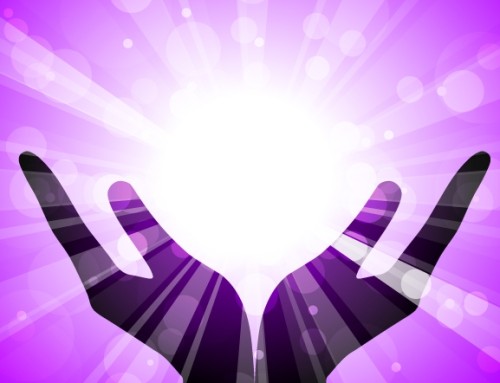Here is a great article that was written by an associate of mine who is a very successful Personal Trainer.
|
Juicing has become very trendy lately, and although it was used by old-time healers, today, it’s gained a massive resurgence. Is that a good thing, or a bad thing? You know the theme by now: it depends. And that’s what we’ll discuss in this article:
Sometimes, people say juicing is a complete waste of time, and other times, it’s part of their secular religion. Let’s bring some common sense to this topic. Definition But first, a definition: when I say “juicing”, I don’t mean “using steroids” (that’s what “juicing” means in the athletic world). By “juicing”, I mean squeezing the juice out of fruits and vegetables, and drinking it. Simple. Benefits of Juicing More Fruits and Veggies One big benefit, and big reason why people choose to juice is because they want to get more fruits and vegetables in their diet, and the solid versions of those foods for whatever reason are insufficient. Easy to Digest Because by necessity, fibre is taken out of fruits and vegetables when they are juiced, it makes it much easier to digest. After all, what is fibre? Undigestible carbohydrates. It has all kinds of beneficial effects, from your cholesterol profile, to toxins, to feelings of fullness, etc. But if you have a compromised digestive system, temporarily eating a low-fibre diet may be beneficial and therapeutic. That’s just until you fix your digestive issues. Once they’re fixed, you should get fibre back in your diet. More Nutrients It’s no surprise that there are more nutrients in 5 fruits and vegetables than there is in 1. And because you can put in more fruits and vegetables into a juice than you can eat at one sitting (again, because fibre is eliminated), you automatically get more nutrients. Drawbacks of Juicing Energy Levels If you’re juice cleansing, your energy levels might be in the basement. By “juice cleansing”, I mean replacing food with juices, in the mistaken belief that it will help you detox. To incorporate a juice into your diet while simultaneously eating real food is just fine. To completely replace food with juices: that’s unnecessary for most cases (although I should point out that in the 1940s, a German doctor, Max Gerson used 8-12 glasses of vegetable juice per day to treat cancer). For one thing, without real food, some people might feel very energetic initially, before crashing and burning. And some people’s energy might crash right from the beginning. Cost Five vegetables cost 5 times more than 1 vegetable. So expect your grocery bill to multiply. Detox One of the most common reasons for juicing is to “detox.” And the purpose of detoxing is so that you can tell your friends, and at parties that you’re detoxing. This way, you get to sound trendy, enlightened and intelligent. That’s unless you’re speaking to someone who knows what they’re talking about. When someone tells me that they are juice cleansing to detox, a conversation might go like this: Them: I’m juice cleansing to detox. Me: What are you detoxing from? Them: Toxins Me: Which ones? Them: um… Detoxification is indeed a real process (although in the medical community, they call it “biotransformation”, as in “converting one chemical to another”), but to assume that you are “detoxing” because you’re juice cleansing is a big assumption. Before a detox, you should ask yourself 3 questions:
The Biggest Juicing Mistakes That People Make There are really 2 big mistakes people make when juicing: Mistake #1: Too Many Fruits and Not Enough Vegetables In toxicology, there’s a saying that “it’s the dose that makes the poison.” For example, to drink 1 glass of water is good. To drink 5-6 glasses of water in a day is even better. To drink 50-60 glasses of water in a day will kill you. Same applies to the sugar in fruits. The body can handle the sugar in an orange. But to get 1 glass of orange juice requires juicing 6-12 oranges. No good. So if you’re turning your healthy juice into fruit juice, you’re not enhancing your health. I tell my clients that the ratio of vegetables to fruits should be at least 3:1, or even higher in favour of vegetables. Three vegetables for every 1 fruit. Mistake #2: Not Enough Protein Protein comes from the Greek word “protos”, which means “of primary importance.” Man, I feel like Gus from “My Big, Fat Greek Wedding.” You know that part where he says “give me a word. Any word, and I will prove to you that the root is Greek”? If you don’t know what I’m talking about, check out this video. But anyways… you need protein for lots of things like:
…and more. So no protein, no health. So besides fruits and vegetables, throw some protein in your juice. So there you go. Now you have enough information to make your own decision on whether or not to juice. And heck, if you are going to make juice, and it tastes pretty good… can I have some? :) |



